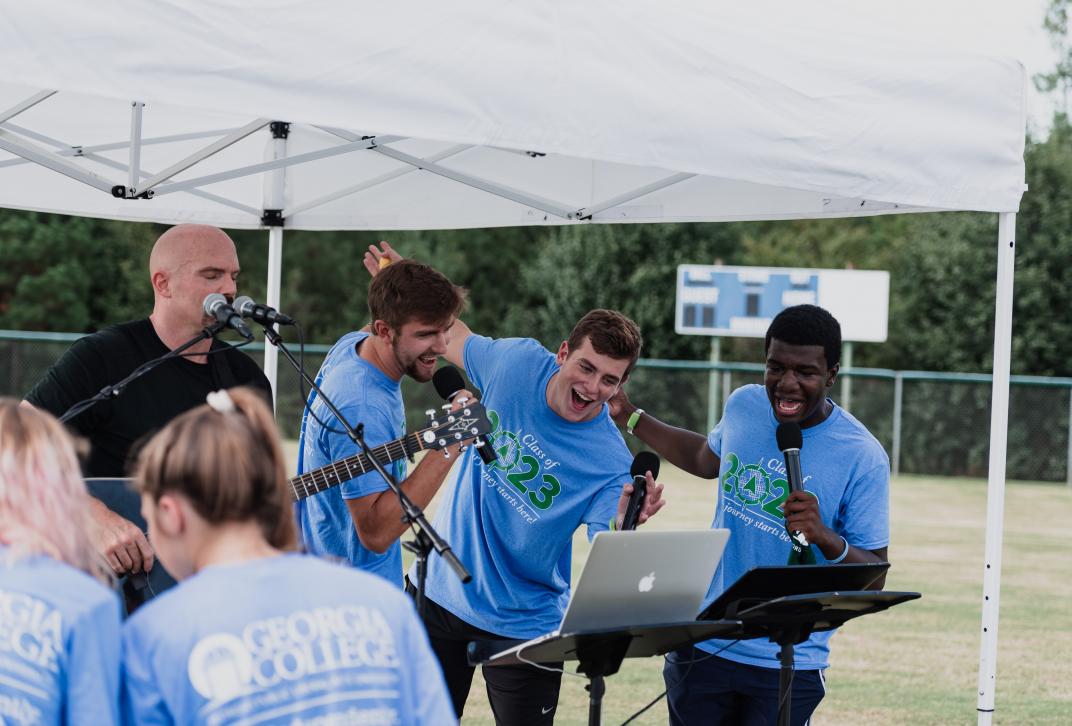Introduction of the Bobcat Code
The Student Code of Conduct, also known as “The Bobcat Code,” is a holistic overview of the entire student conduct system including the values that reinforce how students are expected to behave. The use of the term “The Bobcat Code” will be inclusive of this entire document, including all Regulations contained in the Academic Honor Code, Student Honor Code, Student Group Rules, Residence Life Rules, and Interim Restrictions.
Core Values of the Bobcat Code –The 3r’s
- Reason: Georgia College & State University students exemplify honesty, honor, and a respect for the truth in all of their dealings.
- Respect: Georgia College & State University students are just and equitable in their treatment of all members of the community and act to discourage and/or intervene to prevent unjust and inequitable behaviors. Georgia College students show positive regard for each other, for ideas, for the law, for property, and for the community.
- Responsibility: Georgia College & State University students are given and accept a high level of responsibility to self, to others, and to the community. Georgia College students, as good citizens, build and enhance their community.
Georgia College & State University students are responsible for knowing the information, policies, and procedures outlined in this document. Georgia College reserves the right to make changes to The Bobcat Code as necessary, and once those changes are posted online, they are in effect. Students are encouraged to check online for the latest version of all policies and procedures.
